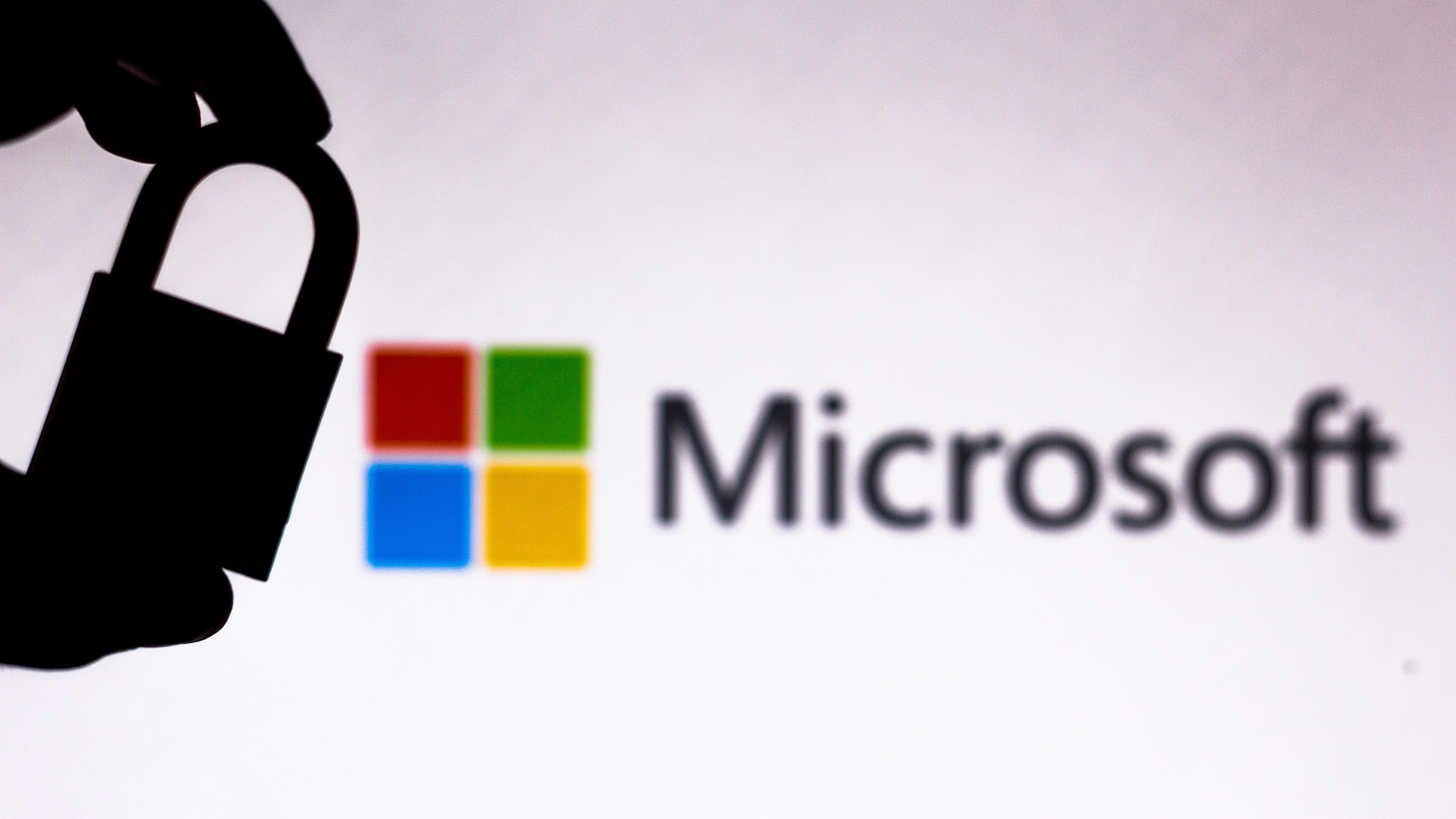‘One password’ Brits at risk of internet fraud
The easiest target appears to be the computer user, as many use the same password for a bank account as they do for their social networks.

More than 1.7 million Brits are at risk of online fraud as they use the same password for every site they use.
Nearly half (46 per cent) of Brits use the same password for places they need to login to, such as online banking and shopping websites, as well as social networks, according to the research conducted by card insurer CPP.
This is a similar finding to research released earlier in the week by PC Tools, which said that nearly half of men and around of quarter of women used the same password for all their sites.
A fraudster finding out a user's password would have access to an average of 23 sites because of this one password approach, according to the research.
Nearly 40 per cent of adults admitted that at least one other person knew their passwords, such as colleagues and friends, with over a third of these people believing that they may have logged in using their details.
Most of the Brits surveyed (68 per cent) claimed that it was too difficult to remember logins, while 17 per cent said they were worried about forgetting a password and being logged out.
"No sensible person should use the same key for their house, car and garage," said CPP identity theft expert Sarah Blaney in a statement. "In the same way, we shouldn't use the same password for everything."
Get the ITPro daily newsletter
Sign up today and you will receive a free copy of our Future Focus 2025 report - the leading guidance on AI, cybersecurity and other IT challenges as per 700+ senior executives
"If possible, people should use multiple passwords with a combination of letters and numbers, which should be difficult to crack."
One in 10 people already had web accounts accessed, with 57 per cent of attacks happening in the last year. One in 20 reported having their ID stolen.
Around one fifth of the hacked Brits had goods illegally bought in their name, with one in eight having money stolen, the average lost being over 1,000.
-
 I love magic links – why aren’t more services using them?
I love magic links – why aren’t more services using them?Opinion Using magic links instead of passwords is safe and easy but they’re still infuriatingly underused by businesses
By Solomon Klappholz
-
 Password management startup Passbolt secures $8 million to shake up credential security
Password management startup Passbolt secures $8 million to shake up credential securityNews Password management startup Passbolt has secured $8 million in funding as part of a Series A investment round.
By Ross Kelly
-
 LastPass breach comes back to haunt users as hackers steal $12 million in cryptocurrency
LastPass breach comes back to haunt users as hackers steal $12 million in cryptocurrencyNews The hackers behind the LastPass breach are on a rampage two years after their initial attack
By Solomon Klappholz
-
 GitHub launches passkeys beta for passwordless authentication
GitHub launches passkeys beta for passwordless authenticationNews Users can now opt-in to using passkeys, replacing their password and 2FA method
By Daniel Todd
-
 Microsoft SQL password-guessing attacks rising as hackers pivot from OneNote vectors
Microsoft SQL password-guessing attacks rising as hackers pivot from OneNote vectorsNews Database admins are advised to enforce better controls as attacks ending in ransomware are being observed
By Rory Bathgate
-
 No, Microsoft SharePoint isn’t cracking users’ passwords
No, Microsoft SharePoint isn’t cracking users’ passwordsNews The discovery sparked concerns over potentially invasive antivirus scanning practices by Microsoft
By Ross Kelly
-
 Microsoft Authenticator mandates number matching to counter MFA fatigue attacks
Microsoft Authenticator mandates number matching to counter MFA fatigue attacksNews The added layer of complexity aims to keep social engineering at bay
By Connor Jones
-
 As Google launches passwordless authentication for all, what are the business benefits of passkeys?
As Google launches passwordless authentication for all, what are the business benefits of passkeys?News Google follows Apple in its latest shift to passwordless authentication, but what are the benefits?
By Ross Kelly

